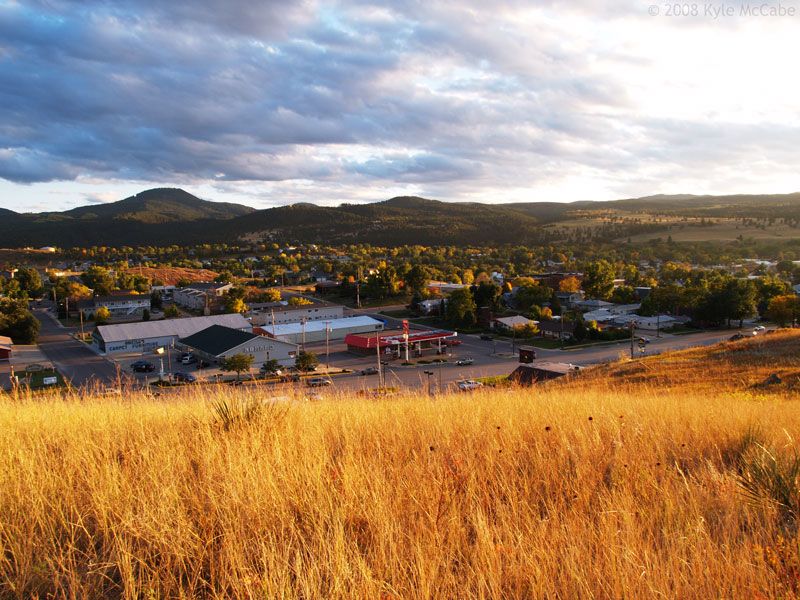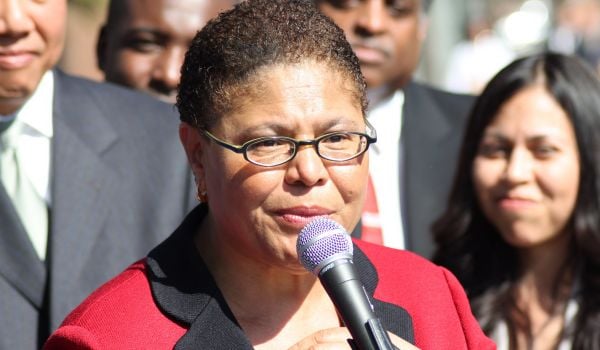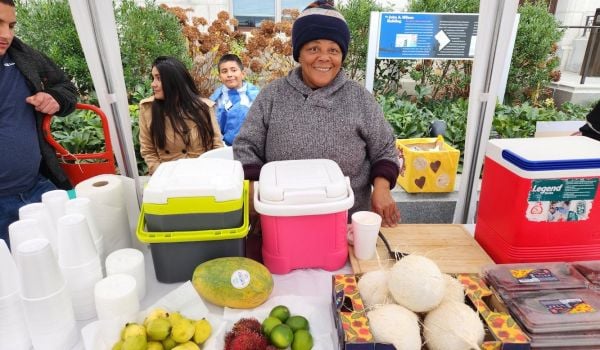As government increasingly embraces new media as a tool, many believe cities should take the lead role in developing and deploying new strategies for putting internet technology to use, paving the way for bigger state and federal initiatives. The reasoning behind this is seems logical: municipal and county governments are less complex and more flexible than states or the federal government, and therefore able to experiment more with new technologies. However, the cities that have been blazing a trail for others to follow have tended to larger and fairly tech-savvy – think San Francisco, New York, and Washington D.C. Smaller cities and towns – which theoretically might have even less red tape than the larger metropolises – don’t seem to be taking a leadership role in adopting new media initiatives.
Why aren’t more communities jumping on the open cities bandwagon? First, many smaller cities and towns lack the financial and human resources to support these sorts of endeavors. In cases where the resources and political will exists, the data sets that smaller municipal governments have to play with aren’t as rich as those found in major cities – making the development of custom applications less useful.
That said, there are examples of smaller cities that are using new media to improve operations in city hall. One shining example is the City of Manor, Texas. With a population of only 6,500 and a municipal staff of 35 employees, this community, located just east of Austin, has set itself up as a laboratory for innovation. One visible example of the community’s willingness to experiment with technology is its deployment of two-dimensional barcodes (known as QR Codes) around town. Using the technology, residents can use their mobile phones to scan a code (say on a sign posted at a city park), and then be taken to an up-to-date web page with information about, say, schedule events and park rules and regulations.
To engage its citizens even more, the City launched Manor Labs, an interactive website that invites residents to suggest and vote on proposals for improving services. What separates Manor Labs from other crowd sourcing efforts is the City’s creative way of incentivizing participation. Each time a resident participates online – either by suggesting a new idea or commenting and voting on the ideas of others – they receive a point, called an “innobuck.” Innobucks can be redeemed for prizes, or re-invested towards making some of the ideas on the site a reality. Once an idea reaches a certain threshold, city officials evaluate the proposal, and decided whether or not to put it into action. So far, five ideas have been adopted from the site.
Of course, it’s not reasonable (or even desirable) to have every town follow Manor’s example. Instead, more focus should be placed on helping smaller cities and towns partner with each other (and with larger cities) to develop standards and tools that will allow all sizes of municipal government to benefit from new media – without having to reinvent the wheel themselves.
Open311 is one such effort. Lead by The Open Planning Project, a New York City based non-profit that focuses on community driven initiatives and open technology, Open311 is a collaborative project that aims to create an open platform specification for 311 services – which cities could adopt to ensure interoperability between their current 311 systems. With such a standard in place, it’s likely that a host of solutions for both cities and residents would emerge – saving cities without web enabled 311 systems the trouble of developing them on their own.
Other efforts at creating standards are being cataloged at OpenMuni.org, a website dedicated to sharing best practices for implementing new technology between cities (also supported by the Open Planning Project). The next step might be to bring cities together to support the development of a platform and applications that they can all adopt, sharing the costs associated with deploying new media tools. Yet however they progress, one thing is for certain. As more of these civic data and application specifications are established, residents in places like Little Rock, Arkansas and Bend, Oregon will have just as much benefit from new media tools as people living San Francisco and Chicago.






_600_350_80_s_c1.jpg)









